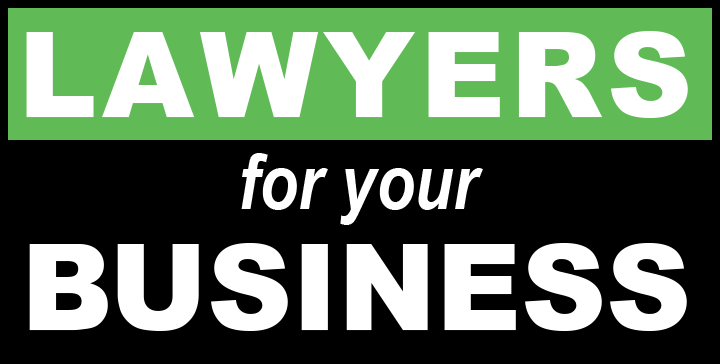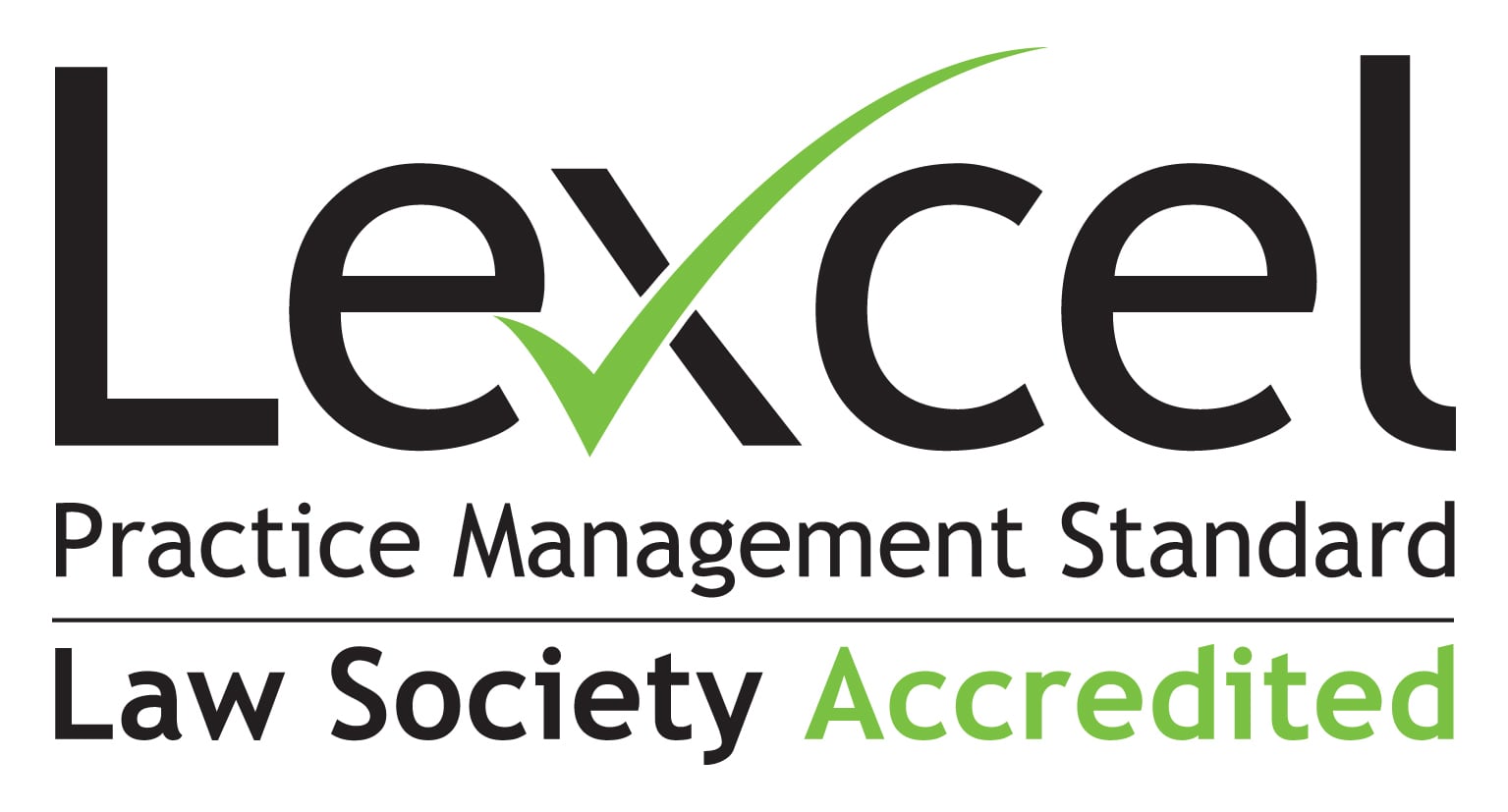Being a Certificate Provider is a very important role that you must fully understand before agreeing to undertake it. The Certificate Provider is a person the Donor chooses to complete the Certificate, in the LPA form. As the Certificate Provider your involvement ends once you have provided the Certificate.
What is the Certificate for?
The Certificate confirms that in the Certificate Provider's opinion the Donor:
- understands what an LPA is and understands the contents of their LPA;
- understands what powers they are giving to the Attorney(s) in their LPA;
- is not being pressured, tricked or placed under duress by someone else to make the LPA; and
- that there is nothing else that would prevent the LPA in question being created.
The Certificate is a vital part of the LPA form. Without it, the LPA is not valid and cannot be registered.
Who can act as a Certificate Provider?
There are two types of Certificate Provider, either:
Someone who has known you personally for two or more years.
Or
A person with the relevant professional skills and expertise, such as:
- a registered healthcare professional, including a GP;
- a barrister, solicitor or advocate;
- a registered social worker; or
- an independent Mental Capacity Advocate (IMCA).
The form also specifies that someone can be a Certificate Provider if they consider that they have the relevant professional skills and expertise to provide a Certificate but are not one of the professionals listed on the form.
It is important that if you are asked to be a skills-based Certificate Provider and are not from one of the listed professions that you think carefully about whether you have the professional skills and expertise necessary to undertake the certification process.
Is there anyone who cannot be a Certificate Provider?
A Certificate Provider must be able to act independently of the Donor and his or her Attorney(s). This means that you need to make up your own mind about whether or not to provide the Certificate. In particular, you cannot be a Certificate provider if you are:
- a member of the Donor's or Attorney's family or extended family;
- a business partner or paid employee of the Donor or an Attorney(s);
- an Attorney appointed in this LPA, a previous LPA or any Enduring Power of Attorney (EPA) made by the Donor;
- an owner, director, manager, or an employee (or a member of one of their families) of a care home in which the Donor lives in; or
- a director or employee of a trust corporation appointed as an Attorney for a Property and Affairs LPA only.
What are my responsibilities as a Certificate Provider?
Taking on the role of Certificate Provider is very important as it provides one of the main safeguards in the LPA process. You will need to talk to the Donor about LPAs generally, and specifically about the contents of his or her LPA, in a place where they feel able to speak or communicate with you freely.
You will need to talk to the Donor in private and away from his or her Attorney(s) and you will need to confirm in the Certificate that you have done so. The Certificate is not valid if the Attorney is present when you discuss the LPA with the Donor.
There may be circumstances where someone else needs to be present with the Donor when you discuss the LPA with him or her. For example, if the Donor is deaf and you need someone to translate sign language for you. You should state on the Certificate if someone else was present and why. This person must never be the Attorney(s).
You will need to assess the Donor's capacity to understand what an LPA is, the importance of the LPA and the effect of the powers he ir she is giving to his or her Attorney(s) in the LPA. If you are content, you should sign the Certificate straight after discussing the LPA with the Donor. This is because you are certifying that, at the time when you sign the Certificate, you are of the opinion that the Donor has the capacity to make the LPA.
It is important to remember that, if anyone decides to object to the LPA at the point when it is being registered, which may happen at a much later date, you as the Certificate Provider may be required to explain the reasons why, in your opinion, the Donor had the capacity to create the power and was not acting under pressure. You may be required to explain this to the Court of Protection.
How can I assess mental capacity?
A formal test of mental capacity is not necessary in order to provide the Certificate. However, it is important that you think about the questions you will need to ask the Donor to establish their capacity and understanding. You may want to consider asking the Donor the following open questions to help you establish if they:
1. Understand the LPA and the powers they are giving:
- What is an LPA?
- Why do you want to make an LPA?
- Who are you appointing as your Attorney?
- Why have you chosen to appoint x as your Attorney?
- What powers are you giving your Attorney(s)?
2. Have been put under pressure to make the LPA:
- Has the Attorney given you the answers to certain questions (like those listed above)?
- Do they have any reason to believe that the Attorney is not trustworthy?
3. Are aware of any other reasons why the LPA should not be created?
- You should also ask questions that are specific to the person and the LPA in front of you. You may want to prepare a checklist to help you with this.
This is list is provided as a guide to the types of questions you may want to ask, to help you when forming your opinion, as to whether or not the Donor understands the LPA and if he or she has been pressured into making it. You may wish to keep a record of the questions you have asked and the responses the Donor gave, on a separate sheet for your own records.
If you should have any concerns about the Donor's capacity or the circumstances in which an LPA is being made, you should raise your concerns with us in the first instance, and we will investigate them and decide what, if any, action to take. You can call us on 01297 32345 or email us at enquiries@scottrowe.co.uk
Can I refuse to be a Certificate Provider?
You can refuse to be a Certificate Provider, and should do so if you do not feel able to certify to any of the matters you are asked to on the form.
The role of the Certificate Provider is a serious and involved task and should not be undertaken lightly. If there are any doubt about whether you feel confident to provide the Certificate then you should seek legal advice.
Make an enquiry
To discover more about how our solicitors can help you, please make a no obligation enquiry by either calling us on 01297 32345 or by making a free online enquiry.






